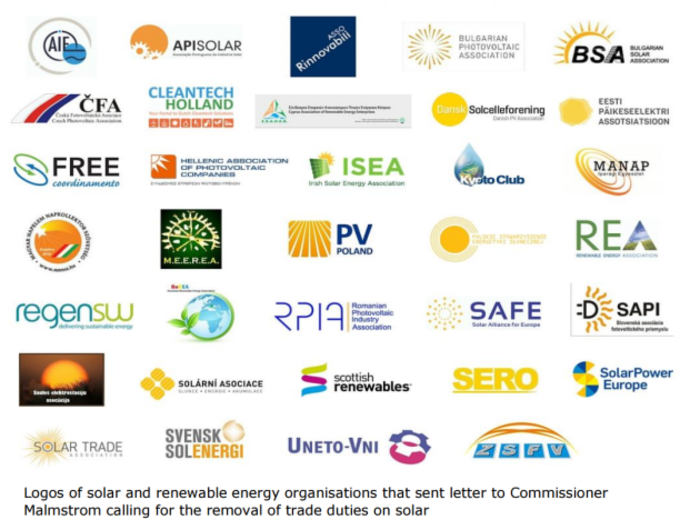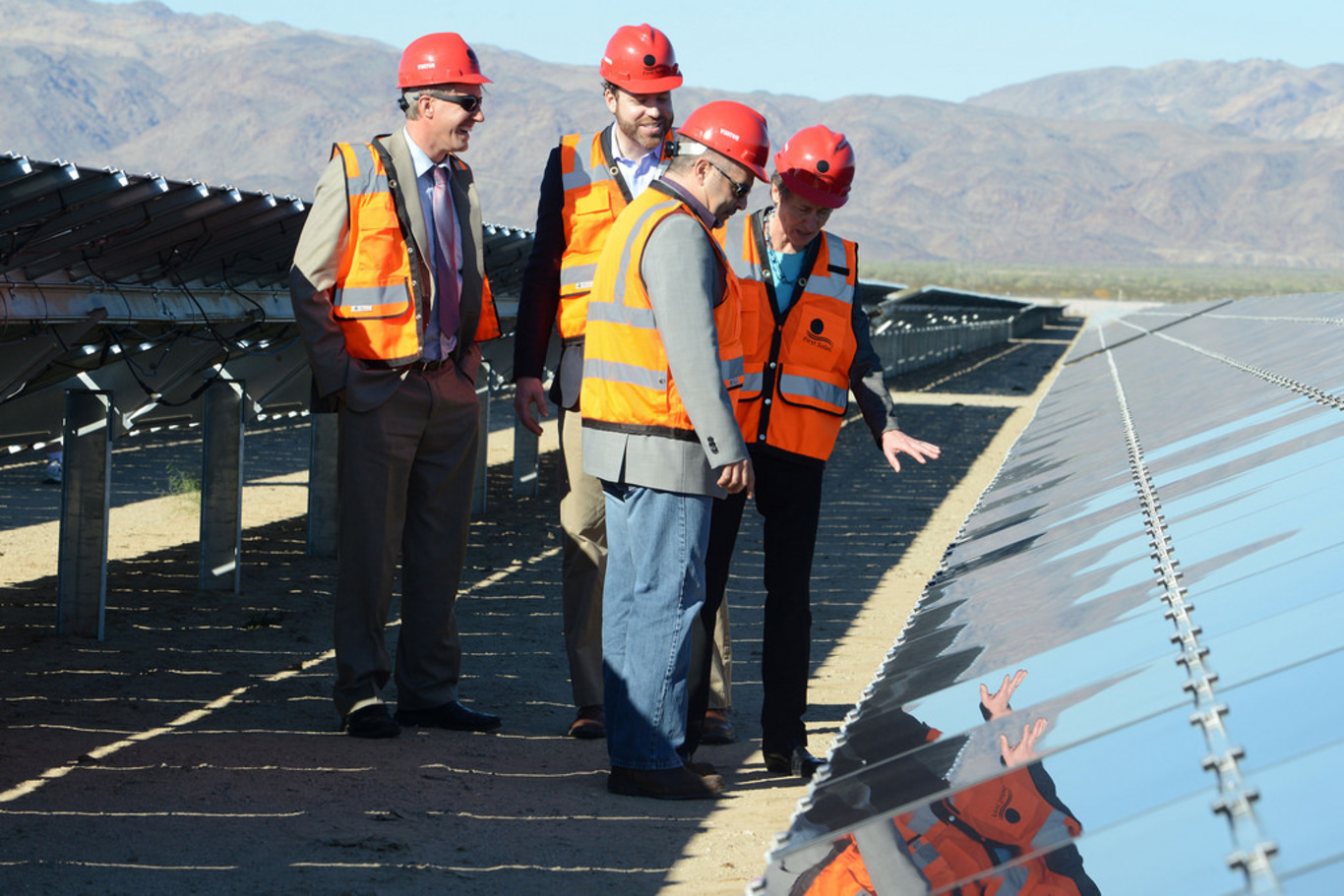Irish solar developers want the EU's help to get the industry off the ground
The Irish solar association is pushing officials to lift measures that make building solar farms more expensive.
BUILDING LARGE SCALE solar farms could become much cheaper if the EU lifts certain trade restrictions, the Irish solar industry has claimed.
The Irish Solar Energy Association (ISEA) has linked up with its counterparts from 19 other EU countries to ask that trade restrictions on Chinese solar imports are lifted.
For years the EU has imposed a minimum import price on solar modules, which means that developers can’t enjoy the benefit of cheap Chinese imports.
Developers say that the price set by the EU is 20% above market norms, although it was already flagged that the price will likely be lowered next year and in 2018.
The European Commission is set make a recommendation on the solar trade measures at the beginning of 2017, which is subject to approval from the member states.
No benefit
34 solar and renewable energy organisations from 20 European Union member states, including Ireland, have signed a letter calling on the Commission to lift the trade restrictions.
James Watson, the head of the Europe-wide industry body SolarPower Europe, said that the letter demonstrated an “overwhelming” show of support.

“The measures have been in place for more than three years without any real benefit to the European solar industry,” he said.
“We need a better, more specific approach to support module producers in Europe, trade measures are a blunt instrument harming more than 80% of solar manufacturing jobs and all downstream jobs in Europe today.”
If the tariffs were to be lifted and solar development were to be made cheaper, developers hope that it could be more viable to build in Ireland.
No solar industry
At the moment Ireland is one of the few countries in the EU with no commercial solar industry. Just 1 megawatt has been installed across the country so far, enough to power between 150 and 200 homes for a year.
ISEA chairman David Maguire said that although the cost of solar has dropped “significantly” in recent years, “(it) could fall even further if the European Commission lifts its tariffs on importing quality, cost effective solar panels from China”.
“This will ultimately reduce the amount of state support the sector will require, benefitting homes and businesses across the country,” he said.
The organisation also reiterated calls for the government to provide the industry with state support. As previously analysed by Fora, at the moment large scale solar development is unlikely to go ahead in Ireland without some form of state support.
The ISEA has said that, with the help of subsidies, there could be as much as 2 gigawatts (GW) of solar capacity installed across the country by 2022.
It said that capacity would equate to about 7% of Ireland’s electricity needs and would make the state more likely to hit its overall energy targets and avoid fines that Ireland will have to pay if it does not meet EU renewable energy targets.






